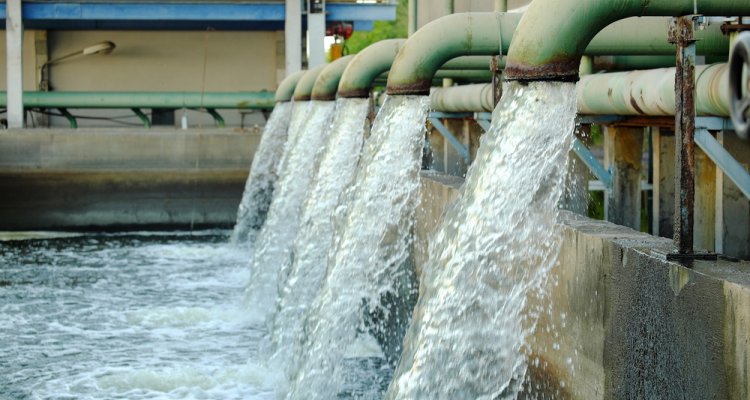
Project
Call for Partners | Selective Resource Recovery from Multicomponent Salty Side Streams Towards High Purity Concentrated Products
In a time when sustainability and efficient resource management have become essential, Wageningen Food & Biobased Research (WFBR) seeks to collaborate with industry stakeholders to innovate and implement processes for recovering valuable components from residual aqueous streams. This initiative aims not only to reduce environmental footprints but also to generate economic advantages, shifting the focus from waste management to strategic resource recovery.
Production of high-purity products (phosphate, ammonium, acids, and bases)
WFBR’s initiative aims to explore hybrid processes that integrate membrane separation technologies to remove, concentrate, and isolate valuable components from residual aqueous streams in the agri-food sector and other industries. In this project, we focus on combining pertraction, electrodialysis (ED), and electrodialysis with bipolar membranes (EDBM). This hybrid system can enhance overall product purity and concentration due to the synergies among the technologies.
- ED efficiently removes and concentrates salts.
- EDBM allows for the conversion of salts into high-purity acid and base without additional chemical inputs.
- Pertraction is effective for selective recovery and removal of targeted organic and inorganic compounds.
This concept can be applied to different side streams, such as:
- Digestates and fermentation broth to recover short and medium-chain carboxylic acids nutrients, and other compounds for diverse industrial applications.
- Bottom ash from waste-to-energy plants to extract phosphates and remove heavy metals.
- Salt streams (brines) to produce acid and base for process reuse.
- Other streams from the agrifood sector.
Key steps to enhance resource recovery
For this project, we propose the following activities:
- Conduct assessments to identify valuable compounds of the streams.
- Design conceptual processes to evaluate the feasibility of ED(BM)-Pertraction combinations.
- Screen feed streams and materials (membranes and extractants) at the lab scale.
- Perform lab-scale tests to evaluate key performance indicators of each technology.
- Design and test a demonstration of the integrated system.
- Carry out economic and environmental impact analysis to validate the benefits of the proposed hybrid process and benchmark against current practice.
Collaboration with partners
We seek collaborations with companies across various sectors interested in recovering valuable compounds from their residual water flows, currently considered waste. We are also looking to partner with providers of membrane technology solutions.
The project aims to foster a public-private partnership, with partners expected to offer support both financially and through in-kind contributions.